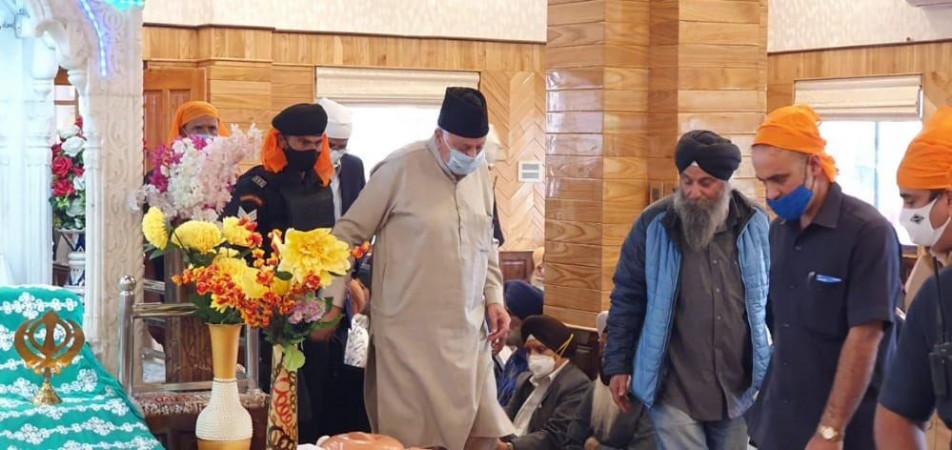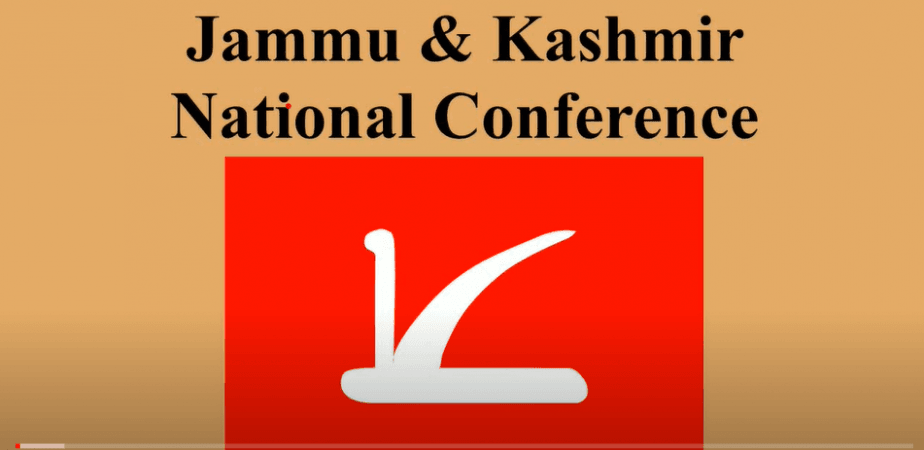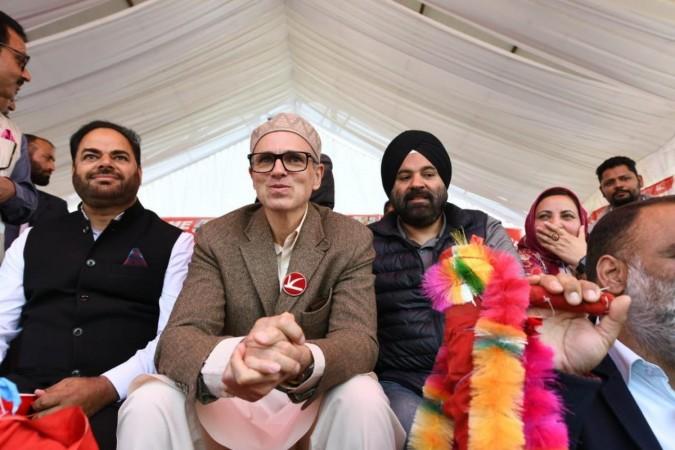
Jammu and Kashmir's political landscape took a significant turn on Friday when the National Conference (NC) announced its three candidates for the four Rajya Sabha seats, with the name of its most senior leader and party president, Dr. Farooq Abdullah, notably missing from the list.
For weeks, speculation had been rife within political circles that the ruling NC would nominate Dr. Abdullah to the Upper House. However, that speculation ended with the release of the candidate list.
It is now widely believed that the 88-year-old party patriarch will gradually retire from active politics and join the NC's Margdarshak Mandal—serving as a mentor and advisor to guide the party's policy direction and political vision.

NC Fields Candidates for Three Seats
National Conference General Secretary Ali Mohammad Sagar announced the three nominees at a press conference on Friday: Chaudhary Mohammad Ramzan, Shammi Oberoi, and Sajad Kitchloo. The party clarified that it would contest three seats independently while leaving the fourth seat for its ally, the Congress.
With these nominations, the NC has indicated its readiness to entrust greater responsibility to young and mid-level leaders within the organization.
The Rajya Sabha elections are scheduled for October 24, and the NC remains confident of winning three seats based on its current strength. The Congress, however, faces a tough contest for the remaining seat, where a direct fight with the BJP is expected.

Signs of Change Were Visible as Early as 2024
Political observers note that Farooq Abdullah's gradual withdrawal from frontline politics is not a sudden development. During the 2024 Lok Sabha elections, the NC promoted young leaders in all three Parliamentary constituencies of the Kashmir Valley while leaving the two Jammu region seats for its coalition partner, the Congress.
Subsequently, the 2024 Assembly elections were fought entirely under the leadership of his son and incumbent Chief Minister, Omar Abdullah, who led the campaign from the front — overseeing everything from candidate selection to election strategy.
The decision of the ruling National Conference not to field Dr. Farooq Abdullah as the party's candidate for the Upper House of Parliament is viewed as part of an ongoing "leadership transition" within the party as a new generation of leaders begins to assume greater roles in steering the party forward.

Farooq's Legacy: End of an Era in Politics
Dr. Farooq Abdullah's political career spans more than four decades. After inheriting the legacy of his father, Sher-e-Kashmir Sheikh Abdullah, in the 1980s, he not only maintained the National Conference as a powerful regional party but also established an active presence in Delhi politics.
He held several important roles at both the central and state levels—as Chief Minister, MP, and Union Minister.
His political style was always pragmatic and dialogue-based. He played the role of a "bridge" in Kashmir politics—his constant political thread was his efforts to build trust between the Centre and the Valley.
Now that he is limiting himself to the role of "guide," it is believed that one era within the NC has ended and another has begun.
Now, as he steps back to play the role of a guide and mentor, it marks the end of one era in the NC — and the beginning of another.
Direction of Generational Change in the NC
Dr. Abdullah's retreat from active politics also opens the door for new ideas and emerging leadership within the party.
Party insiders say the NC is undergoing structural transformation — becoming more organized, technology-driven, and youth-oriented. According to sources, Omar Abdullah is focusing on organizational reforms, leadership training, and digital outreach to modernize the party's functioning.
"Dr. Sahib's experience will always be our guiding light," a senior NC leader remarked. "But now it's time for the next generation to take charge and shape the party in tune with contemporary political realities."
The omission of Dr. Farooq Abdullah's name from the Rajya Sabha candidate list is, therefore, not just a procedural matter — it is a symbolic move that defines the NC's future course. The party appears determined to evolve into a modern, progressive, and dynamic political force under a new generation of leadership.
The decision also serves as a message to parties that continue to rely on traditional leadership models — that the time has come not just for a transfer of power, but for a transfer of vision and thought.








